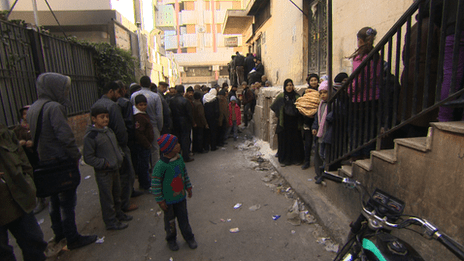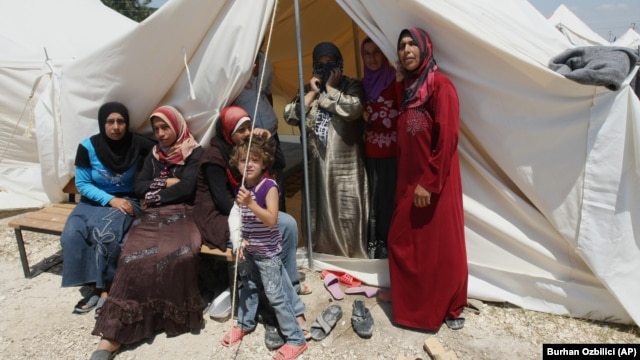kirkuki
Member

from archives
Iraqi government have sent on last Friday and Saturday a large military forces to Syria to serve Bashar Assads regime, Deputy Commander-in-Chief of the Free Syrian Army Malek Abdul Halim Kurdy told Bas newspaper in a telephone conversation.
Bas in its todays journal reported that according to the information they received Iraqi government have send on Friday and Saturday (August 31th and September 1th) near 1000 militants to help Bashar Assad in Syrian.
On last Friday and Saturday a large number of militants about 1000 were crossed border from Iraq to Syria in order to save Assad, the source said.
During the transition, Iraqi government closed the border areas and stopped traveling among the border-villages for about 24 hours. the same source added.
Earlier, foreign media have reported on Baghdad backing Iranian government to save its best ally (Syria), by allowing the transition of Iranian forces and troops for Assads regime using Iraqs land.
Gulan-media






